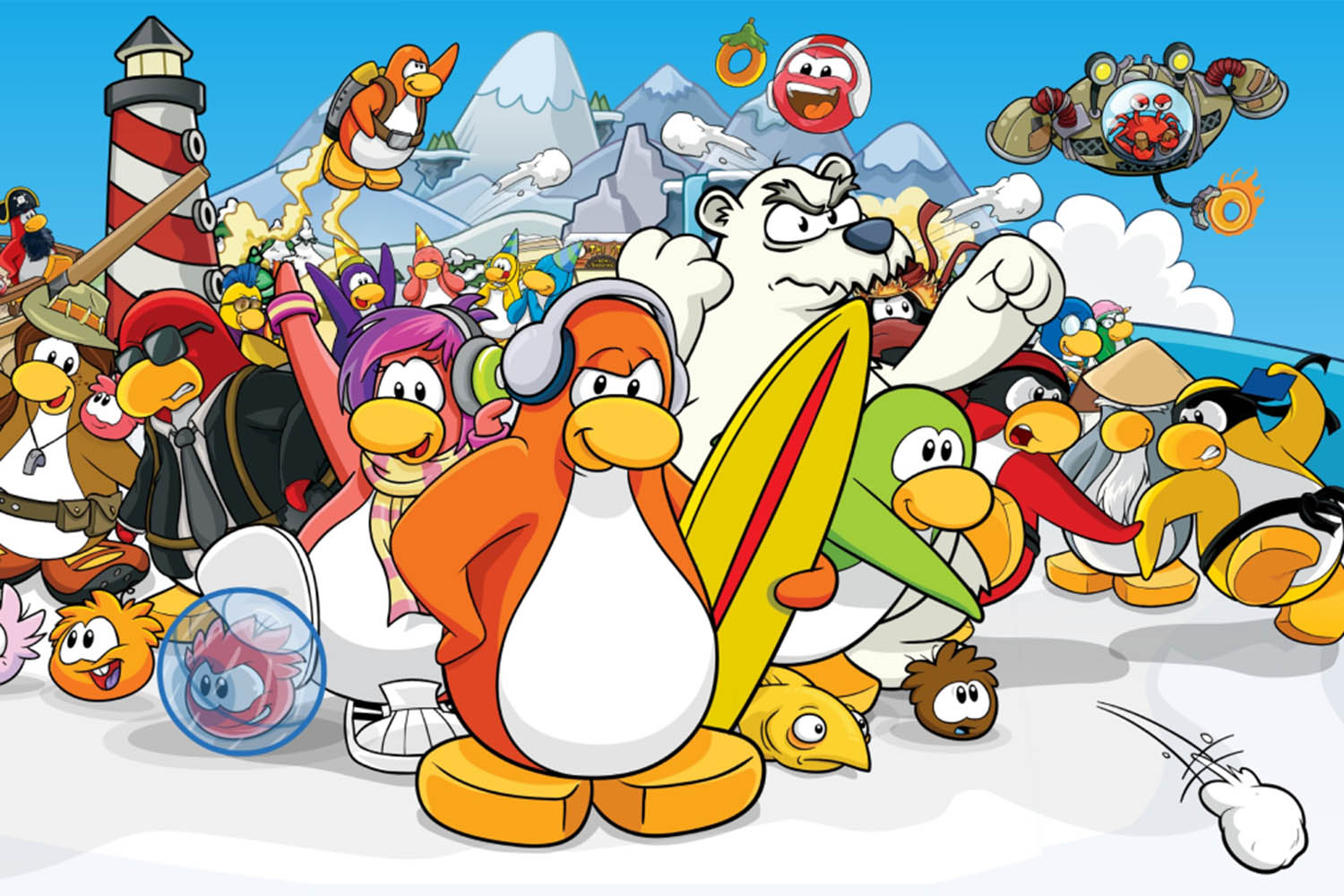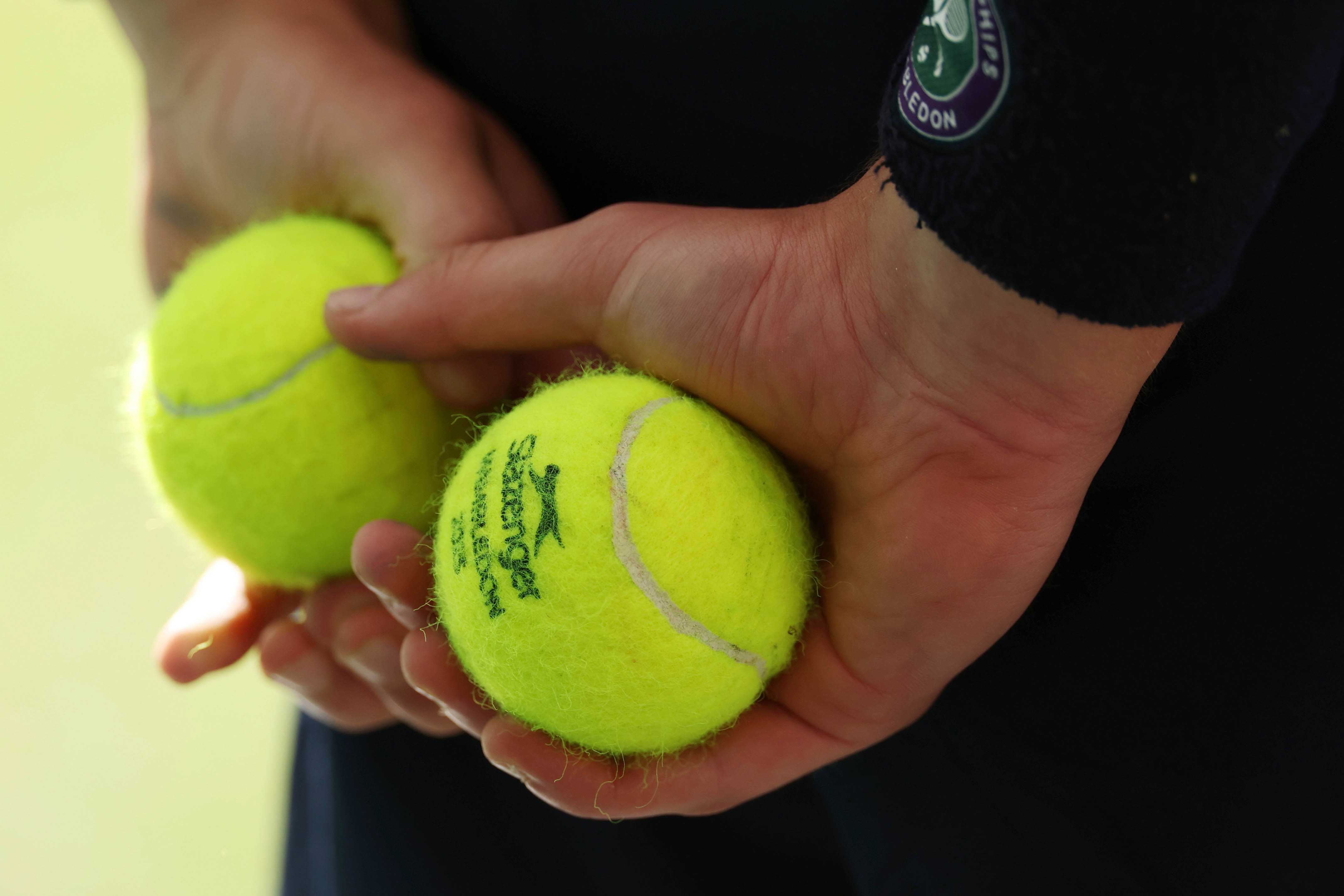I feel as though I finally understand how my parents’ generation feel when I ask them about fax machines. Over the weekend, a 10-year-old asked me a question that hurt my head: “What’s Club Penguin?”
I gasped, for how do I explain that wonderful world?
For those who may not know – too young, too old or just not au fait with noughties online niches – Club Penguin was a multiplayer, social site for children aged six to 14. Players could have an avatar, a penguin (mine was purple) and an igloo, which you could decorate to your taste. You could pack it with fantasy pets, which you could bring home without parental permission (I had a rare Puffle). There were some extra features that you had to pay for – a Club Penguin membership card would always make an appearance on my birthday wish list.
The franchise also had an offline presence. In the Disney Store, you could buy real-world toys and trading cards. We could exchange these to unlock special awards in the game. Friend requests on the site were usually from schoolmates and children from dance class. I also remember the focus on child safety, where you could turn on various safe modes and, most importantly, I remember that the site was heavily moderated. You needed a grown-up’s email address to join. It felt safe to me. I don’t ever recall my mum feeling as though she had to check up on me, because it was a site crafted for children. Her only concern was getting me to bed.
Back then, the internet was not a scary place. Before my mother became a nurse she was a computer programmer, and so had a grasp of moderation and how to introduce me to the online world. I had access to a computer at home. The first was a desktop in the spare room. There were rules, of course. When I returned home from school, I had to do my homework first, and when my mum was satisfied, I could go and play online games before dinner – and I could play for a little longer on Fridays and Saturdays, especially if it was raining. I would log into EverythingGirl.com, a gateway to all the Barbie, My Scene and Polly Pocket games. I would play on the computer or with my other handheld electronics, mostly a Nintendo DS that was full of animated dogs I cared for – as if they were real – and the numerous Bratz games I had (the US dolls became a multimedia franchise).
Lately, I have been feeling nostalgic for that cosy era of the internet. Realising that young people no longer have these spaces breaks my heart, because it taught me how to use the internet: responsibly and in a way that was a lot of fun.
What to do about young people, smart phones and social media feels like one of the most pertinent questions of our times, whether you’re gen X, a millennial, a gen Alpha kid or, like me, the tail end of gen Z – the social media guinea pigs.
Child-centric social games were a useful stepping stone to social media. I didn’t get Snapchat until I was about 14, and when I did, it was mostly to talk with my school friends.
Gen Alpha and the younger members of gen Z have not had that same soft launch. The closest they have to Club Penguin is Minecraft or Discord servers (where gamers can chat), which are like the Wild West in comparison.
Club Penguin had a strong moral ethos. You could get a week-long ban from the site for calling someone stupid. It taught its users a salient lesson in online content moderation, etiquette and, well, how not to be a dick. It taught us that what you say has consequences. Now, with fewer safeguards and an invisible level of moderation, it feels like big companies, such as Meta, turn a blind eye to racist and sexist language used by kids.
Newsletters
Choose the newsletters you want to receive
View more
For information about how The Observer protects your data, read our Privacy Policy
Banning children’s online worlds won’t work. Prohibition has never been efficient, not with alcohol and not with the internet, as it makes the banned entity seem mystical and cool rather than a tool for responsible fun.
Social media businesses are missing out on an opportunity to get creative. Carving out spaces for children on the internet was profitable – when Club Penguin was acquired by Disney in 2007, they were generating about $40m a year from paid memberships. We should do this again by trying to build the next Club Penguin.
Children are social creatures, they should be able to bond with their friends online responsibly and safely before befriending the wider world. Let’s build more digital igloos and create those fun, safe spaces once more.
Illustration by Disney



